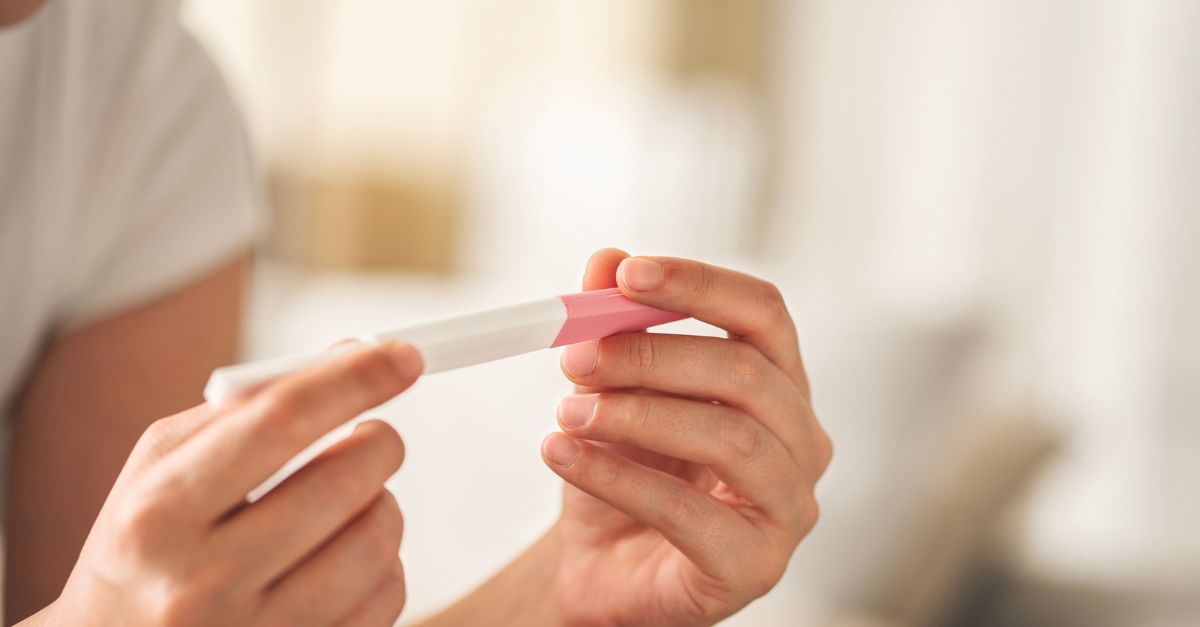Scheduling a mammogram can be daunting. From concerns about discomfort during the exam itself, to worries about possible findings, it’s normal to have some anxiety. But if you’re 40 or older, now is the time to get your first screening scheduled. Doing so can help doctors discover signs of breast cancer earlier, when there are the most effective treatment options available.
Allow us to put your mind at ease about what to expect from your first mammogram.
How should you choose a facility for your first mammogram?
For starters, look for a location that specializes in breast imaging. Many facilities offer mammography, but their radiology team may not have expertise in every type of imaging. Radiologists who are fellowship-trained in breast imaging will be best equipped to spot abnormalities that may call for further investigation. The American College of Radiology empowers you with a search option to filter for facilities that have achieved accreditation in all breast imaging modalities.
Which type of mammogram is right for you?
Both traditional 2D mammograms and 3D mammograms use low-dose x-ray imaging to take images of your breast tissue. Standard (2D) mammography produces images that are flat, making it sometimes difficult to see abnormalities in tissue that may be overlapping. But 3D mammography captures images in an arc-shape that makes many different angles visible.
Compared to just the four images produced by 2D mammography, 3D mammography also takes hundreds of images, making it an especially beneficial method for women with dense breast tissue. Using 3D mammography also reduces the chances of being called back for further imaging by 15-30%. Though you may have to request it specifically, 3D imaging is also often covered by health insurance, making it a viable choice regardless of your breast tissue density.
Is it normal to get called back for more imaging after a mammogram?
Even with the advances in breast imaging technology, getting a call-back for further imaging after your initial mammogram is fairly common. This might mean you’ll need to receive another mammogram, or you may be scheduled for a breast ultrasound that will give your care team an even closer look at a specific area.
Why might you get called back? One possibility is that your radiologist has seen tissue inconsistent with other areas of your breast, and simply wants a closer look. It’s also possible (particularly in the case of 2D imaging) that one or more of the pictures wasn’t clear enough, and needs to be retaken.
While alarm bells may understandably sound in your head when called back, keep in mind that this does not necessarily mean a concerning tumor is present. Fewer than one in 10 women who are called back are ultimately diagnosed with cancer. More often than not, call-backs are simply a sign of the care and precision your doctors want to give you.
How soon should you schedule your next mammogram?
Breast cancer screenings should be performed annually, so unless your doctor has recommended otherwise, schedule your next appointment for the same time next year.
Is it okay to change facilities or should you stick to one?
The American Cancer Society recommends going to the same facility each time you have a mammogram, in order to streamline year-to-year comparisons. Of course, it’s okay if you need to switch imaging centers for any reason, but in those cases, bring a list of previous dates and locations of your mammograms so your images can be compared against each other if needed. Wherever you get your mammogram done, it’s also wise to have results sent to your primary care doctor along with your gynecologist or any other specialists you’re seeing.
By providing both on-site digital mammograms and in-house mammographers, Rosa Gynecology simplifies this important form of preventive care. Find out more about preventive services offered by our compassionate providers online or schedule an appointment by calling 770-487-9604.




